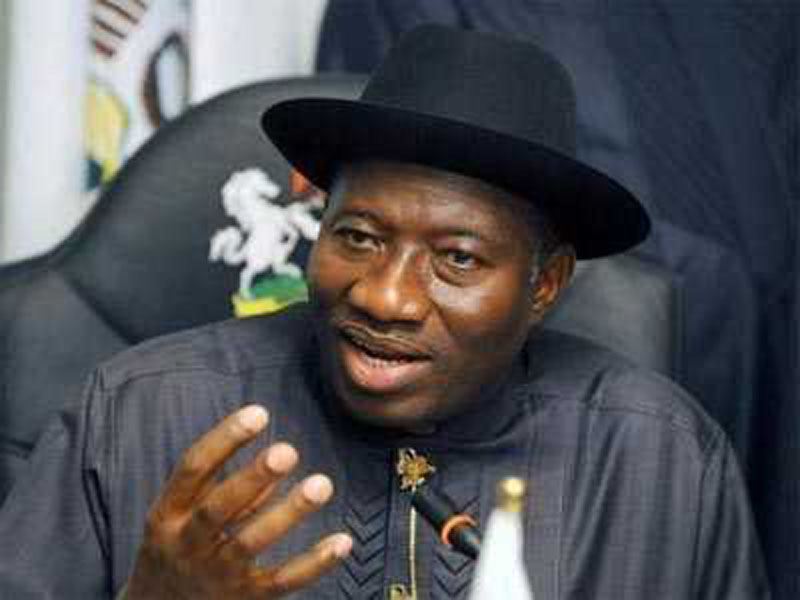The Nigerian government of President Goodluck Jonathan is now reeling in the face of two challenges, the growing Islamist militant insurgency in the north led by Boko Haram, and the spreading ebola epidemic in West Africa, with cases now having appeared in both Lagos, Nigeria’s largest city, and Port Harcourt, the center of its oil industry.
Boko Haram, a well-armed Islamist force, has been reportedly winning and losing towns around the northeastern Nigerian city of Maiduguri. It is ferocious in its fighting tactics, and has also showed a vicious side, for example, in having kidnapped more than 200 girls from a school in Chibok. Some of them have escaped, but the whereabouts of most of them are still unknown, almost five months after their abduction.
Another serious problem with Boko Haram is that it operates near the borders of Nigeria with neighboring Cameroon, Chad and Niger, thus posing a threat to the sometimes shaky authorities of those three countries as well.
Ebola, a lethal disease now having appeared in Guinea, Liberia, Senegal and Sierra Leone as well as Nigeria, with four cases having been evacuated to the United States, is also a major threat to Nigerians. It has so far killed a reported 2,100 and is still spreading.
Nigeria’s inability to deal so far with either the Boko Haram rebellion in the north, or the ebola epidemic in Lagos, population 20 million, or in Port Harcourt, has the same roots. Even though the country has been very wealthy for a half-century with its oil earnings, the country has not been developed with a concentration on education, health and infrastructure that would assure a solid base capable of dealing with both insurgencies and epidemics. Instead, its people have allowed their leaders to loot the country shamelessly and govern with a level of corruption that can be described only as stunning.
It is now paying the price.



![President-Goodluck-Jonathan[1]](https://theafrikamarket.com/wp-content/uploads/2014/09/President-Goodluck-Jonathan1.jpg)